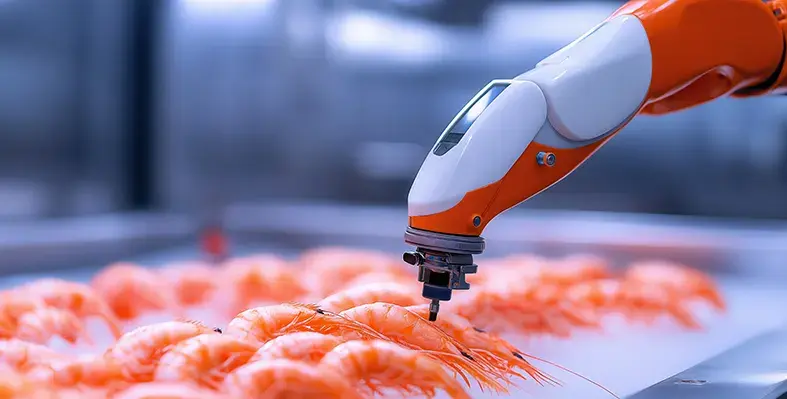At the opening of the AI for Good Summit in Geneva, the Food and Agriculture Organization (FAO) and the International Telecommunication Union (ITU) launched the Robotics for Good – Youth Challenge 2025–26
This initiative invites young people aged 12-18 globally to create robots that tackle food insecurity.
QU Dongyu, FAO Director-General emphasized the importance of empowering youth in the fight against hunger. "This challenge is not just about robotics," he said, "It is about empowering youth to become agents of change in the fight against hunger."
QU Dongyu also addressed the growing digital divide, which is hindering progress in low-income and rural areas. "The digital divide is becoming development divide," he stated. With 1 in 3 people worldwide still offline, especially in developing regions, AI's potential to reduce poverty and improve resilience remains out of reach for many.
FAO is working to bridge this gap by using AI to enhance global agrifood systems. Their digital tools help with precision agriculture, resource management, early warning systems, and market access. One of their successes includes AI-powered advisory services for smallholder farmers, which have reduced costs from US$30 to US$3 per farmer.
The FAO also uses AI for remote sensing and geospatial analysis to monitor drought, water stress, and crop health. Additionally, FAO is developing a knowledge bot and the world’s first agrifood-focused foundation AI model to provide context-specific solutions.
FAO is committed to ethical AI use, advocating for transparency, human dignity, and "do no harm." QU Dongyu concluded by urging partners to ensure AI is inclusive, transparent, and human-centered. "We must work together to address global challenges and accelerate progress in agrifood systems."
The AI for Good Summit, co-organized by the ITU and Swiss Government, gathers experts and stakeholders to explore AI's role in tackling global challenges.





